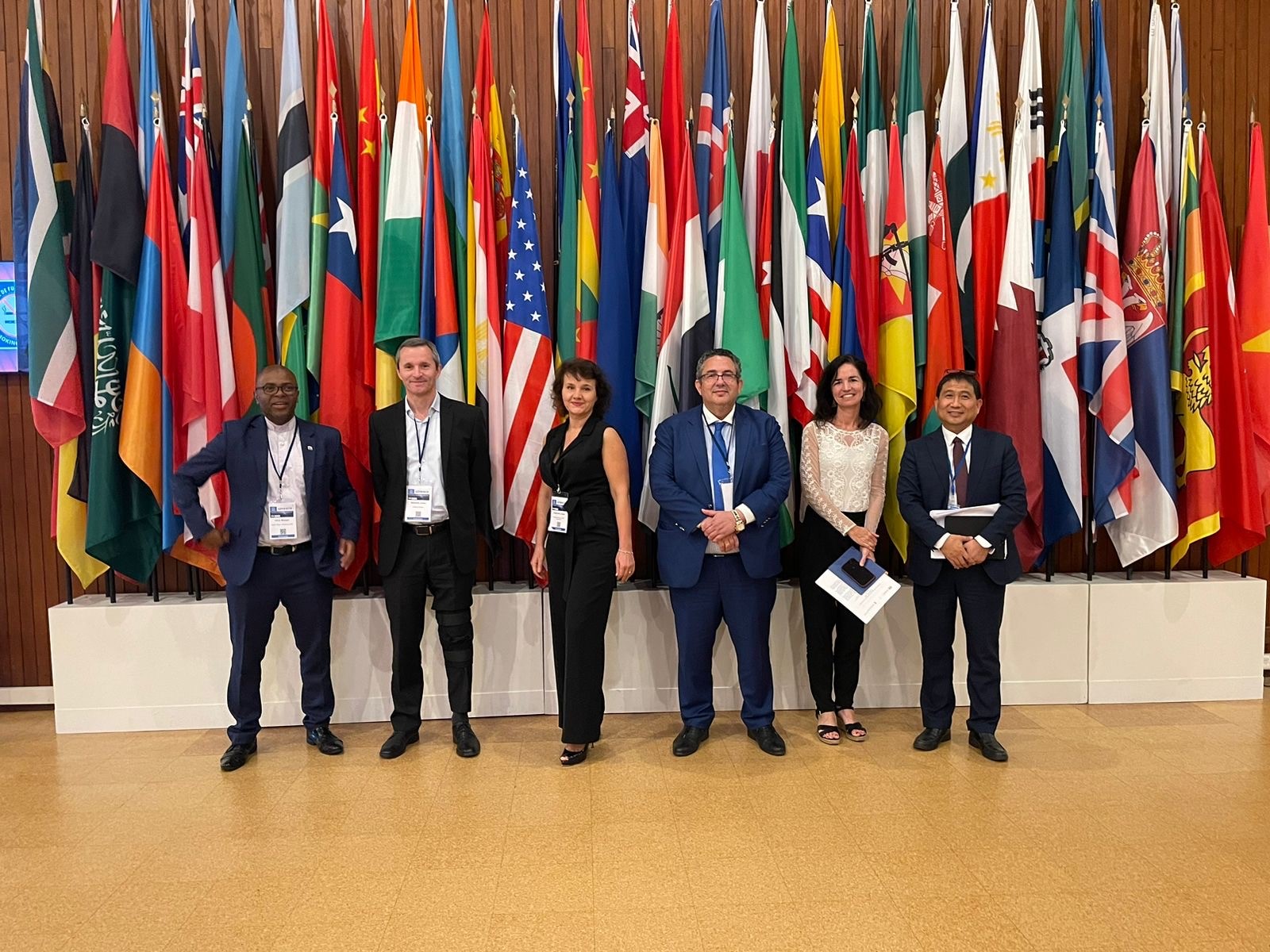Chief scientist Demetris Skourides recently made an appearance at the Chief Science Advisors Roundtable (CSAR 2024), marking the first time Cyprus was represented at the event.
Organised by UNESCO and the Office of the Principal Scientific Adviser to the Government of India, the roundtable was held on September 6, 2024, at the UNESCO headquarters in Paris.
This year’s theme revolved around ‘fostering open science, bridging knowledge asymmetry, and building science advice capacity globally’.
According to an official announcement, the event aimed to advance open science, reduce knowledge inequalities, and enhance the capacity for scientific advice worldwide.
In his intervention, Skourides laid out Cyprus’ commitment to promoting open access to research and using scientific evidence as a basis for policymaking.
In addition, he emphasised the “National Policy of the Republic of Cyprus on Open Access Practices,” which was approved by the Council of Ministers in May 2022 and is fully aligned with European legislation.
This policy, he explained, “is being implemented through the Research and Innovation Foundation’s (RIF) funding programmes”.
Skourides also discussed his involvement with the Joint Research Centre (JRC) of the European Union, specifically within its ‘Science for Policy’ portfolio, which addresses critical issues such as health, energy, migration, and the environment.
Additionally, he referenced his role in the European Science Advisory Forum (ESAF), which promotes cooperation, knowledge exchange, and mutual learning to better integrate scientific evidence into the legislative, executive, and judicial processes across Europe.
“Cyprus will continue to actively participate and support scientific advice mechanisms at the regional and global level to strengthen the capacity to address uncertainty and global challenges,” Skourides stated.
This year’s roundtable centred on ‘Science for Policy’, a theme first introduced at the inaugural CSAR event in August 2023 in India, as part of the G20 Chief Science Advisers Roundtable.
Among the key topics discussed were the promotion of open access to scientific research and the importance of grounding policy decisions in scientific evidence to address the pressing global challenges we face today.
According to the announcement, the event gathered representatives from over 20 countries. This includes the US, Australia, Denmark, Egypt, France, Germany, Italy, Japan, Spain, Kenya, Latvia, and Cyprus.
Also at the event were representatives from several prominent international organisations. Among them were officials from the International Network for Governmental Science Advice (INGSA), the International Science Council (ISC), the Organisation for Economic Co-operation and Development (OECD), The World Academy of Sciences (TWAS), and the United Nations Environment Programme (UNEP).
Discussions centred on the urgent need for open access to research to help close the knowledge gap at local, regional, and global levels.
Finally, there was also a strong emphasis on the role of science in guiding policymaking, with a particular focus on tackling contemporary issues such as climate change, health, and migration.







Click here to change your cookie preferences